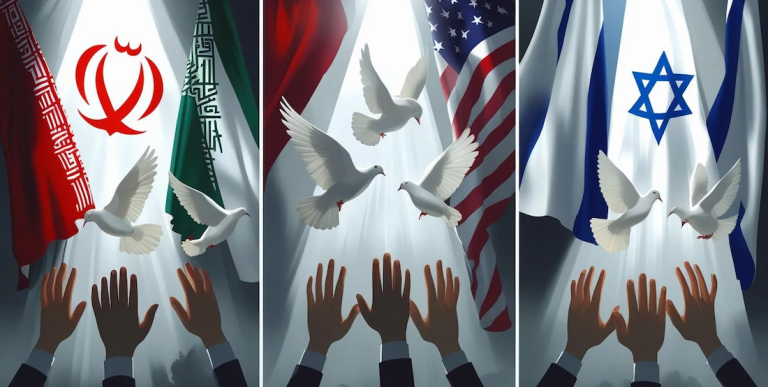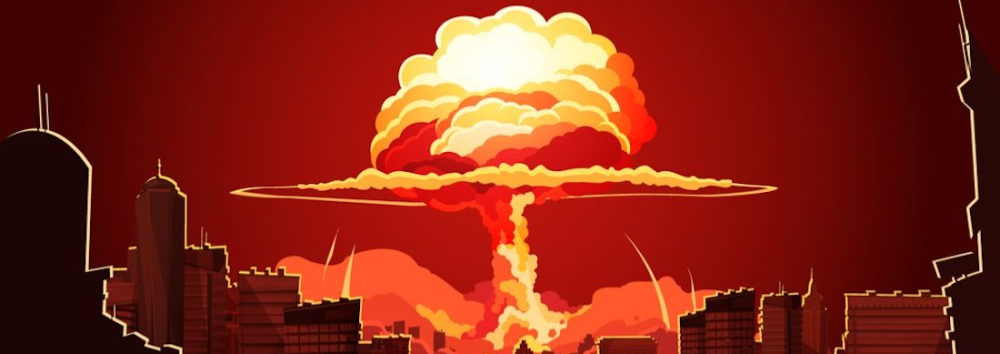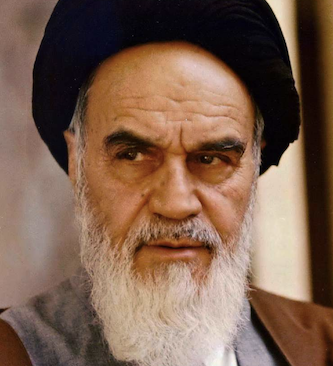
Current political trajectories in Iran, Israel, and America threaten global stability and democratic values worldwide
New York, N.Y. – The Middle East stands at a crossroads where three nations—Iran, Israel, and the United States—desperately need fundamental leadership changes to prevent further regional destabilization. Each country’s authoritarianism and current trajectory threatens not only their own citizens but global peace and security.

Iran’s Authoritarian Grip Must End

Iran’s theocratic regime continues its brutal suppression of dissent while pursuing nuclear ambitions that destabilize the entire region.
The Islamic Republic has systematically violated human rights, particularly targeting women, minorities, and political dissidents.
The regime’s support for proxy groups across the Middle East fuels conflicts from Yemen to Lebanon, creating a network of instability that extends far beyond its borders.
The Iranian people demonstrated their desire for change during the 2022 protests following Mahsa Amini’s death.
These brave citizens faced violent crackdowns, yet their message was clear: they want freedom from authoritarian rule.
The international community must support these democratic aspirations while applying maximum pressure on the current regime through targeted sanctions and diplomatic isolation.
Israel’s Democratic Backsliding Requires Course Correction

Israel’s current government has pursued policies that undermine democratic institutions and international law.
The judicial overhaul attempts, expansion of West Bank settlements, and increasingly aggressive military operations have isolated Israel from traditional allies and violated Palestinian rights.
This trajectory threatens Israel’s founding democratic principles and long-term security.
Israeli citizens have repeatedly demonstrated against these policies, showing that significant portions of the population reject the current government’s approach.
The Israeli military’s concerns about the judicial changes reflect broader institutional worries about democratic erosion.
Israel needs leadership that prioritizes democratic values, Palestinian rights, and sustainable peace over short-term political gains.
America’s Complicity Demands Policy Overhaul

The United States bears responsibility for enabling both Iranian and Israeli extremism through inconsistent policies and military support.
American foreign policy has often prioritized short-term strategic interests over long-term stability and human rights.
The U.S. continues providing military aid to Israel despite documented human rights violations, while simultaneously maintaining sanctions on Iran that primarily harm ordinary citizens.
American leadership must acknowledge that its current Middle East strategy has failed to bring peace or stability.
The U.S. should condition military aid on human rights compliance, engage in genuine diplomacy with Iran, and support Palestinian self-determination.
This requires leaders who prioritize justice over political expediency.
The Path Forward: Democratic Transformation
Real change requires grassroots movements within each nation supported by international pressure. Iranian civil society needs continued support for democratic opposition groups. Israeli peace activists and human rights organizations deserve backing in their efforts to restore democratic norms. American voters must elect leaders committed to ethical foreign policy.
The interconnected nature of these crises means that progress in one area can catalyze improvements elsewhere. Iranian democratization would reduce regional proxy conflicts, Israeli democratic restoration could enable Palestinian reconciliation, and American policy changes could support both processes. The international community, including the United Nations, European Union, and regional powers, must coordinate efforts to support these transformations.
Economic Incentives for Change
Economic pressure remains a powerful tool for encouraging political transformation. Targeted sanctions on Iranian leadership, conditional aid to Israel, and American trade policies can create incentives for democratic reforms. However, these measures must be carefully designed to avoid harming ordinary citizens who are often the strongest advocates for change.
The global economy increasingly favors nations with strong democratic institutions and human rights records. Iran, Israel, and the United States all benefit from international integration, but current policies threaten these relationships. Economic isolation for authoritarian behavior and rewards for democratic progress can accelerate positive change.
International Responsibility
The global community cannot remain passive while these three nations pursue destabilizing policies. The European Union, United Nations, and regional organizations must take principled stands against human rights violations and threats to international peace. This includes supporting Iranian protesters, condemning Israeli settlement expansion, and holding American leaders accountable for enabling violations of international law.
Democratic nations have a responsibility to support democracy movements worldwide. The struggles of Iranian women, Israeli peace activists, and American human rights advocates are interconnected. International solidarity can amplify their voices and create pressure for meaningful change.
The time for incremental adjustments has passed. Iran, Israel, and the United States need fundamental leadership changes—regime change—to address the crises they have created. The Middle East deserves leaders committed to peace, democracy, and human rights. The world cannot afford to let these nations continue their current destructive trajectories.
75-Word Summary
This editorial argues that Iran, Israel, and the United States require fundamental leadership changes to address regional instability and human rights violations. Current policies in all three nations threaten democratic values and international peace. The piece calls for supporting democratic movements, applying economic pressure, and international coordination to encourage positive transformation in these interconnected crises.